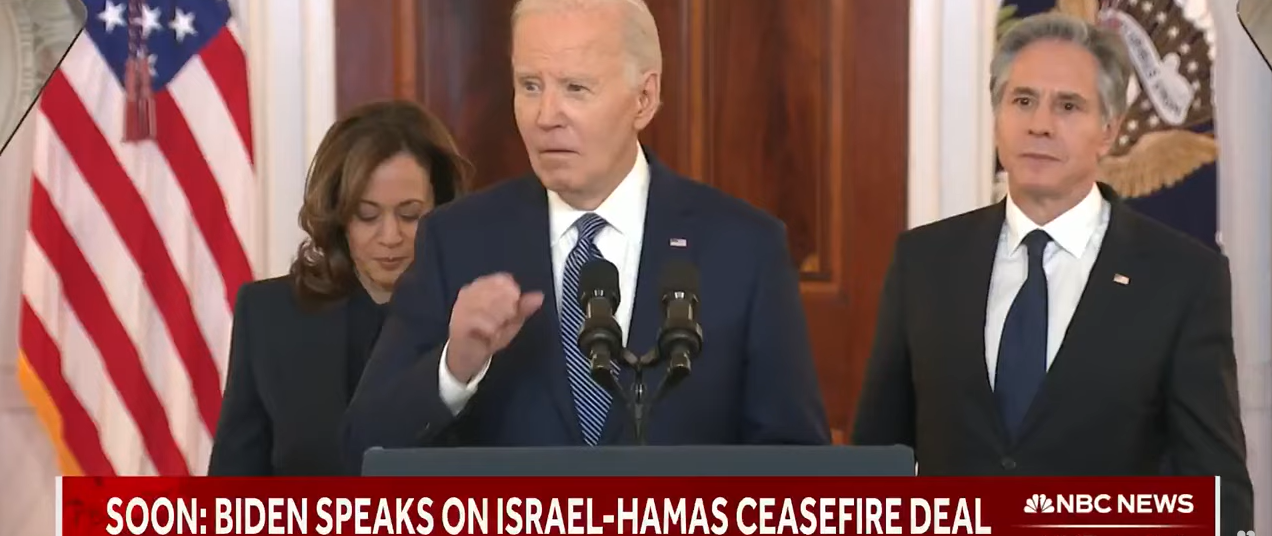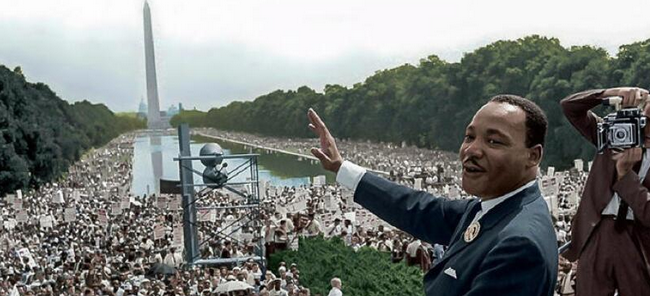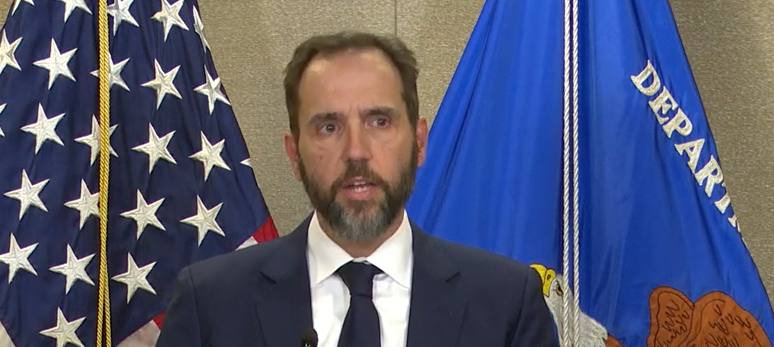President Obama
[REMARKS BY THE PRESIDENT ANNOUNCING THE FY2015 BUDGET]
Powell Elementary School, Washington, D.C.
Good morning, everybody. I’m here at Powell Elementary School, and just had a chance to see some of the outstanding students here. And I thought it was appropriate for me to say a few words about the budget that I sent to Congress this morning — because obviously the budget is not just about numbers, it’s about our values and it’s about our future, and how well we are laying the groundwork for those young children that I was with just a few moments ago to be able to succeed here in America.
These kids may not be the most excited people in town on budget day, but my budget is designed with their generation and future generations in mind.
In my State of the Union address, I laid out an agenda to restore opportunity for all people — to uphold the principle that no matter who you are, no matter where you started, you can make it if you try here in America.
This opportunity agenda is built on four parts — more good jobs and good wages; making sure that we’re training workers with the skills they need to get those good jobs; guaranteeing every child access to a world-class education; and making sure that our economy is one in which hard work is rewarded.
The budget I sent Congress this morning lays out how we’ll implement this agenda in a balanced and responsible way. It’s a roadmap for creating jobs with good wages and expanding opportunity for all Americans. And at a time when our deficits have been cut in half, it allows us to meet our obligations to future generations without leaving them a mountain of debt. This budget adheres to the spending levels that both parties in both houses of Congress already agreed to. But it also builds on that progress with what we’re calling an Opportunity, Growth and Security Initiative that invests in our economic priorities in a smart way that is fully paid for by making smart spending cuts and closing tax loopholes that right now only benefit the well-off and the well-connected.
I’ll give you an example. Right now, our tax system provides benefits to wealthy individuals who save, even after they’ve amassed multimillion dollar retirement accounts. By closing that loophole, we can help create jobs and grow our economy, and expand opportunity without adding a dime to the deficit.
We know that the country that wins the race for new technologies will win the race for new jobs, so this budget creates 45 high-tech manufacturing hubs where businesses and universities will partner to turn groundbreaking research into new industries and new jobs made in America.
We know — and this is part of the reason why we’re here today — that education has to start at the earliest possible ages. So this budget expands access to the kind of high-quality preschool and other early learning programs to give all of our children the same kinds of opportunities that those wonderful children that we just saw are getting right here at Powell.
We know that while not all of today’s good jobs are going to require a four-year college degree, more and more of them are going to require some form of higher education or specialized training. So this budget expands apprenticeships to connect more ready-to-work Americans with ready-to-be-filled jobs. And we know that future generations will continue to deal with the effects of a warming planet, so this budget proposes a smarter way to address the costs of wildfires. And it includes over $1 billion in new funding for new technologies to help communities prepare for a changing climate today, and set up incentives to build smarter and more resilient infrastructure.
We also know that the most effective and historically bipartisan ways to reduce poverty and help hardworking families pull themselves up is the earned income tax credit. Right now, it helps about half of all parents in America at some point in their lives. This budget gives millions more workers the opportunity to take advantage of the tax credit. And it pays for it by closing loopholes like the ones that let wealthy individuals classify themselves as a small business to avoid paying their fair share of taxes.
This budget will also continue to put our fiscal house in order over the long-term — not by putting the burden on folks who can least afford it, but by reforming our tax code and our immigration system and building on the progress that we’ve made to reduce health care costs under the Affordable Care Act. And it puts our debt on a downward path as a share of our total economy, which independent experts have set as a critical target for fiscal responsibility.
As I said at the outset, our budget is about choices. It’s about our values. As a country, we’ve got to make a decision if we’re going to protect tax breaks for the wealthiest Americans, or if we’re going to make smart investments necessary to create jobs and grow our economy, and expand opportunity for every American. At a time when our deficits are falling at the fastest rate in 60 years, we’ve got to decide if we’re going to keep squeezing the middle class, or if we’re going to continue to reduce the deficits responsibly, while taking steps to grow and strengthen the middle class.
The American people have made clear time and again which approach they prefer. That’s the approach that my budget offers. That’s why I’m going to fight for it this year and in the years to come as President.
Thank you very much, everybody.








